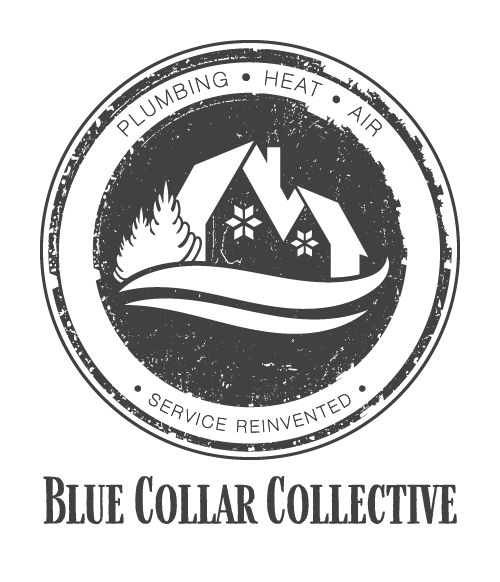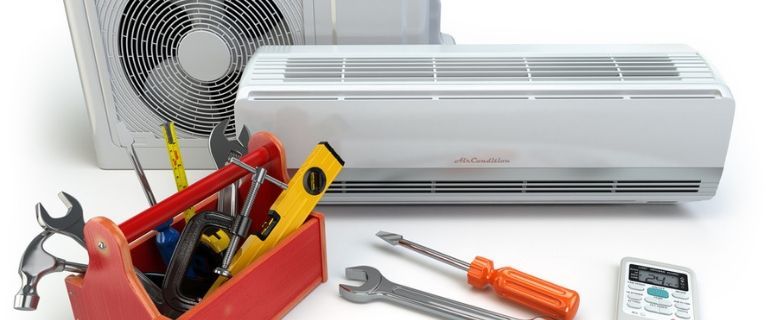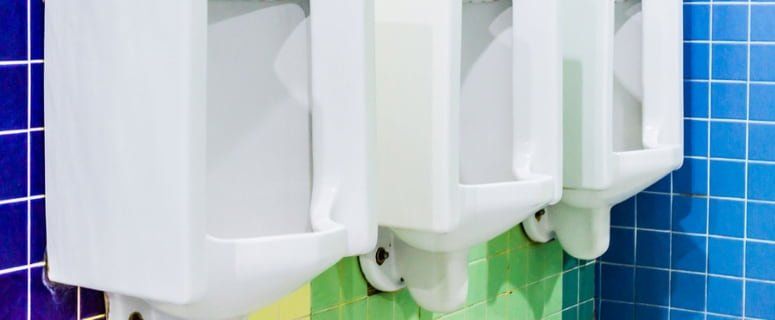Here Are 6 Surprising Things You Should Know About Boilers
Town & Country Plumbing
6 Things Everyone Should Know About Boilers
A lot of the time, when people think of heating their home, they think of furnaces. But what about Boiler systems? Believe it or not, boilers are quite popular and have many benefits. Read on to learn these six surprising facts you should always know about boilers.
How Do Boilers Work?
Let’s first get a little understanding of how a boiler actually works. Boilers work as part of a hydronic heating system. There are different types of boilers, but the most common kind uses natural gas. The gas heats the water, which is then circulated through your home via pipes. The heat is then released usually through radiators or baseboards.
Do Boilers Boil?
It would be normal to think a boiler would boil, and this, in fact, was the case years ago. Old boilers used to boil water to make steam to provide heat. Today, natural gas is used to heat the water, so no boiling involved.
How Can a New Boiler Save Me Money?
The newer anything is, the better it works, and boilers are no different. Newer boilers can save you hundreds of dollars every year. Better efficiency provides better heating in your home, with less wasted fuel. A newer model means no repairs and less time between service calls.
Boilers are More Efficient These Days
Boilers work on a rating system of A-G. An A rated boiler system can be 98% more efficient, brand new, than its predecessor. That means your boiler can save 98% of the fuel made, and keep it inside your house to heat it.
This is possible because of its larger exchanger that can recover more heat.
Water Will Not Make Your Room Humid
Boilers use natural gas to heat the water in the boiler to warm your home. The air used for combustion is drawn from outside, not inside. This means that indoor air quality will not be affected, and using a boiler will not make your room more humid.
Keeping the Water Pressure Stable - Not Too High, Not Too Low
Monitoring water pressure on your boiler is important. Keep a watchful eye on the gauge, which should sit on average between 1.0 bar and 2.0 - 2.5 bar. If it drops below 1.0 bar, the boiler needs to be re-pressurized. If it jumps above 3.0 bar, you will need to release some pressure.
You will know if the pressure is too high if you see water coming out of the relief valve. You can bleed the radiator, or drain some water out using a drain point under the radiator, to bring the pressure back down to normal.
Now you know Rogers, AR. Boilers are not a thing of the past. In fact, they are a perfect addition to our modern society. Being good for the environment, light on the wallet, and easy to use, the real question it seems would by why haven’t you gotten one yet?











